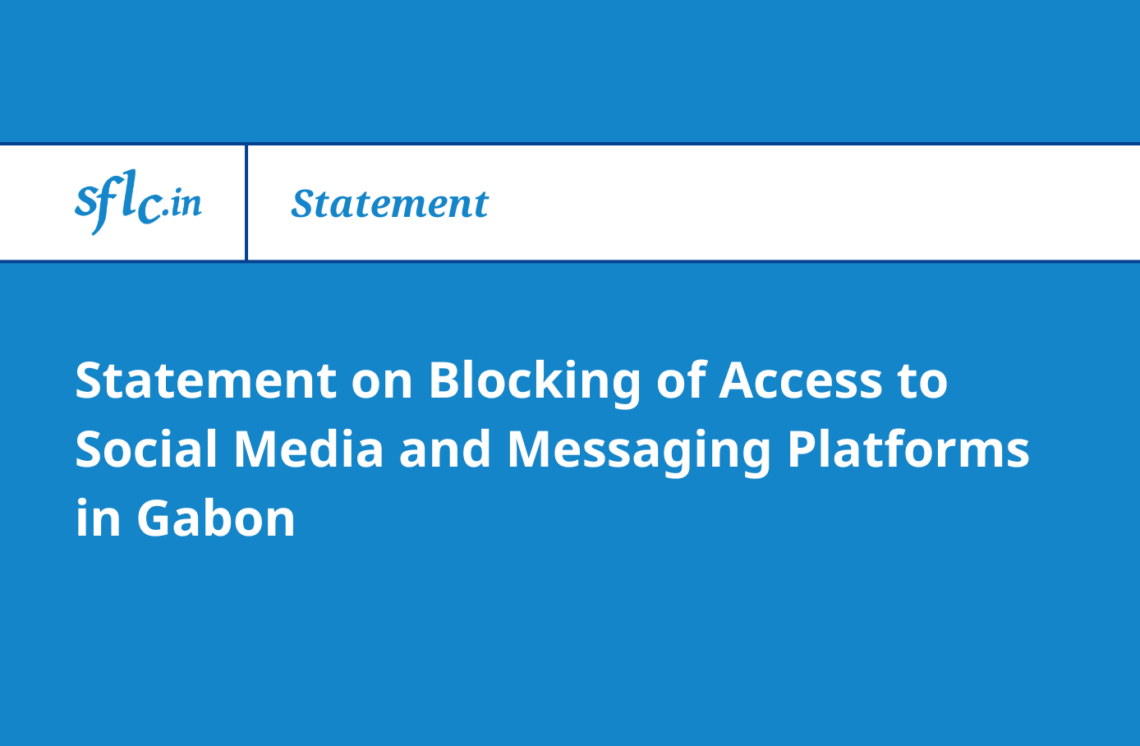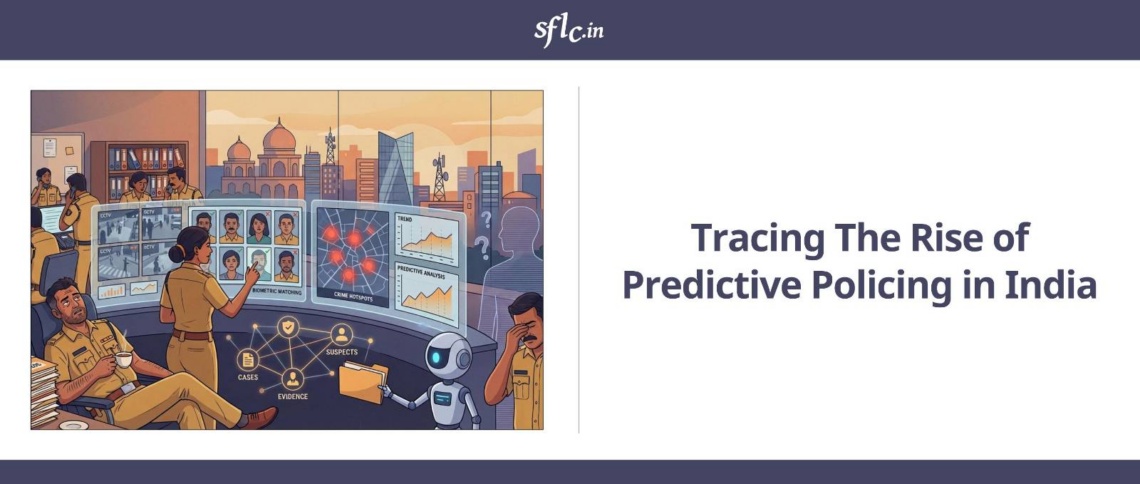SFLC.in joined 17 other non-governmental organisations from across the globe as amicus in a voluntary intervention filed before France’s highest court, the Council of State (Conseil d’État), raising serious concerns about a ruling of France’s data protection authority, the Commission nationale de l’informatique et des libertés (CNIL), on the “right to be forgotten”.
In 2014, CNIL ordered Google to remove 21 links from the results of an Internet search on the name of a French citizen who claims a “right to be forgotten.” Google initially removed the links from its French search site (www.google.fr) and other European search sites (such as www.google.ie), but CNIL demanded it go further. Google then blocked the links from results returned to European users, even when using Google’s non-European sites, including www.google.com. CNIL however demands that when it orders content to be “forgotten” from search results, this decision must be given effect worldwide, meaning that the results must be made unavailable to all users internationally, regardless of where they are accessing internet search engines. CNIL has also imposed a huge fine on Google, of €100,000.
In our legal submissions filed with the Council of State, we highlighted grave concerns about CNIL’s approach and its implications for human rights worldwide. We pointed out that we, like many people across the world, rely on freedom of expression and the free exchange of ideas and information online in order to carry out our important work in protecting human rights internationally. CNIL has unilaterally imposed draconian restrictions on free expression upon all organisations and individuals who use the internet around the world, even imposing a “right to be forgotten” upon countries which do not recognise this principle. The CNIL ruling causes particularly serious damage to human rights protection in the developing world. In our submissions, we urged the Council of State to annul the CNIL’s decision, stating:
“In the developing world, given that some governments are already trying to restrict freedoms on the internet through restrictive local laws, a precedent compelling companies to remove content based on already limiting laws will have the effect of eliminating checks and balances that inhere in international law. Countries such as Pakistan are already making efforts to ensure that certain political and critical content is removed from cyber space and the interveners are concerned that compelling companies to follow restrictive laws will further stymie the right to access to information and free speech. Such a precedent will also mean that dissent within a country can be censored in equal measure internationally.
As a result, the order of the CNIL sets a dangerous precedent, by opening the door for national authorities in other countries to impose global restrictions on freedom of expression through remedies grounded solely in their own domestic law. The possible race to the bottom is of the utmost concern to the interveners.”
The decision of the Council of State on Google’s appeal is expected later this year.
The original intervention as filed in french can be found here.
An English translated copy of the intervention is available here:




